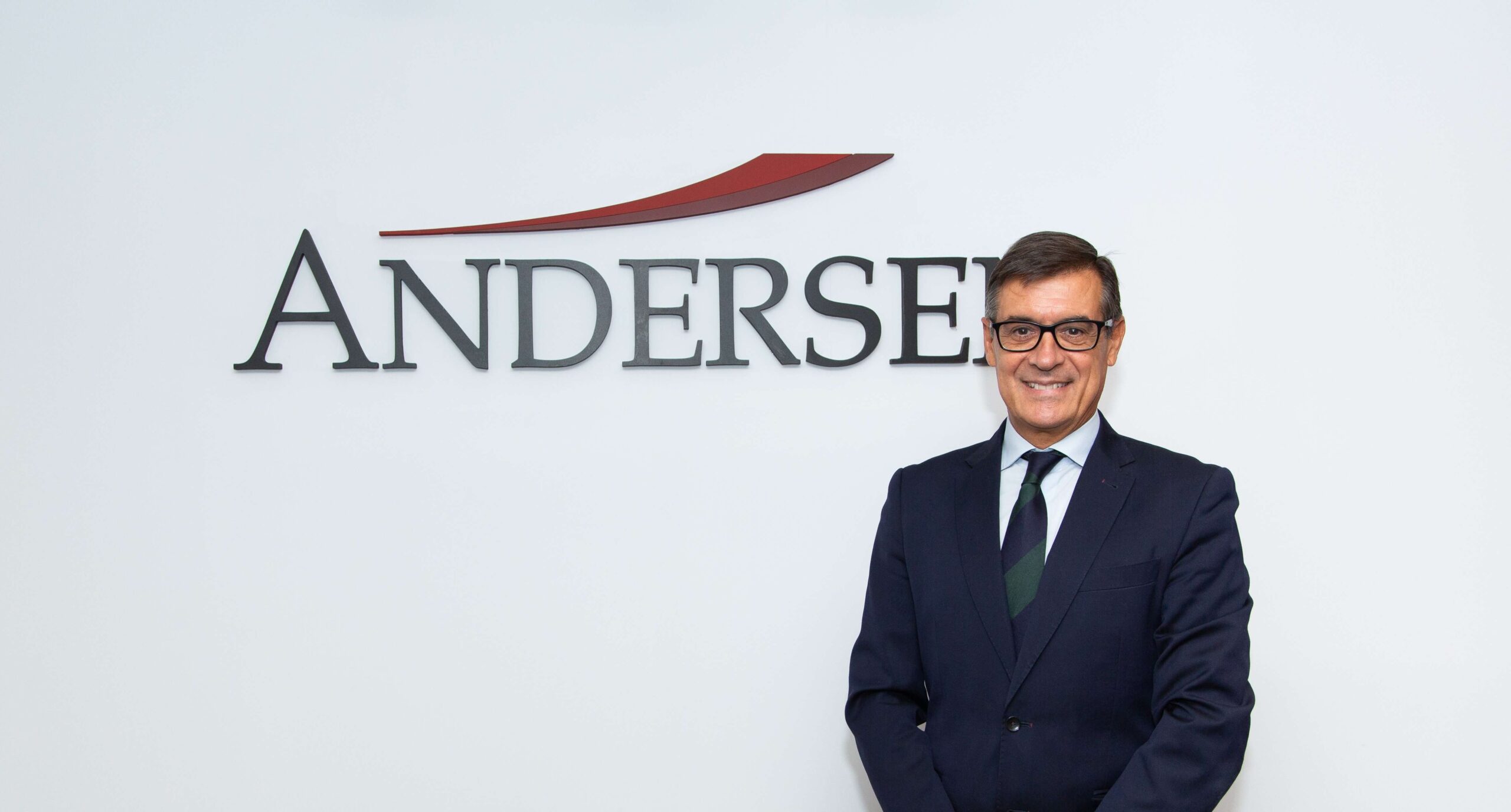Let's consider the following scenario: a company markets a product in a highly competitive environment, where prices are already very tight and quality is more than standardized. In this context, the owner of the company receives confidential information indicating that if he invests in an improvement, three out of four customers will choose his product over the competition's. Let's add that this information urges him to do so as soon as possible because only half of the customers in his market believe that other companies in the sector are taking this improvement seriously. The normal thing would be for the company in question to put all its efforts into this improvement, to give it visibility and to use it to sell its products on the market, right?
Well, it's not science fiction: the improvement is called customer experience. And no, it's not confidential information: it's the latest report from a major consulting firm like PwC, based on a multigenerational survey of 4,000 Americans and 11,000 consumers from 11 other countries around the world (except Africa).
The data in this report is indisputable and sends a clear call to action: more than half of consumers (at least in the US) believe that customer experience is a competitive advantage that is not being sufficiently exploited by companies. In other words, those who do it well are taking advantage of a great opportunity to win new customers from their competitors, as well as to retain the customers they already have.
When it comes to return on investment, there is no doubt about it. The 17,000 respondents say that, on average, they would be willing to spend up to 16% more on products and services from companies that optimize the customer experience. And 6 out of 10 (63%) would be more inclined to share information about companies that do so, which results in greater brand awareness and greater possibilities for conversion, lead nurturing, and market retention. On the contrary, one in three (32%) will say "goodbye" to those entities that do not show a real degree of commitment, a percentage that rises to half (49%) in Latin America.
What lies beyond customer service? What is more important? A strong brand personality? It's best to be realistic: this only interests a fifth of the general population, and doesn't even convince the so-called Generation Z. Only one in threemillennials would agree to invest more in a company with a strong personality. Instead, what they want is for the product or service to have a good design, be fun, and above all, bemobile. Keep in mind that these values are not only held by the most digitally savvy youth, but also apply to the entire population, albeit with slightly less vehemence, but they are constant values. The market wants something attractive, fun, and in the palm of its hand. And committed. The rest is superfluous.
These are the building blocks for competing in a market where customers "are smarter than ever when it comes to customer service and experience, and expect more than ever." The pace of the market is set by companies with a strong digital presence, capable of providing immediate responses, creating higher expectations, and even anticipating consumer needs. In other words, companies that not only sell, but also generate a comprehensive experience and manage data effectively: personalization is key to the customer experience. Big Data and Artificial Intelligence must join forces to categorize, identify patterns, provide optimized support, and be smarter and more accurate in their advice and guidance to consumers.
Is the FAQ section of your website intuitive, easy to navigate, clear, and accurate? If not, it's no good. Do you accompany your customer service with explanatory videos? If you don't, you're out of the game. Do you make it easy to contact you? If you're not clear about this, your customer will go to someone who is. Customer service is no longer optional, and leaving everything in the hands of impersonal machines is almost suicidal. Machines are for analyzing and classifying, and people (for now) are for solving problems. Or for expressing gratitude: because those who invest in customer experience are likely to receive more praise than criticism. Consumers no longer expect you to be infallible. They know that sooner or later you will fail.
It may seem costly, difficult, or strenuous. It isn't, and your best alternative is to lose that customer.








